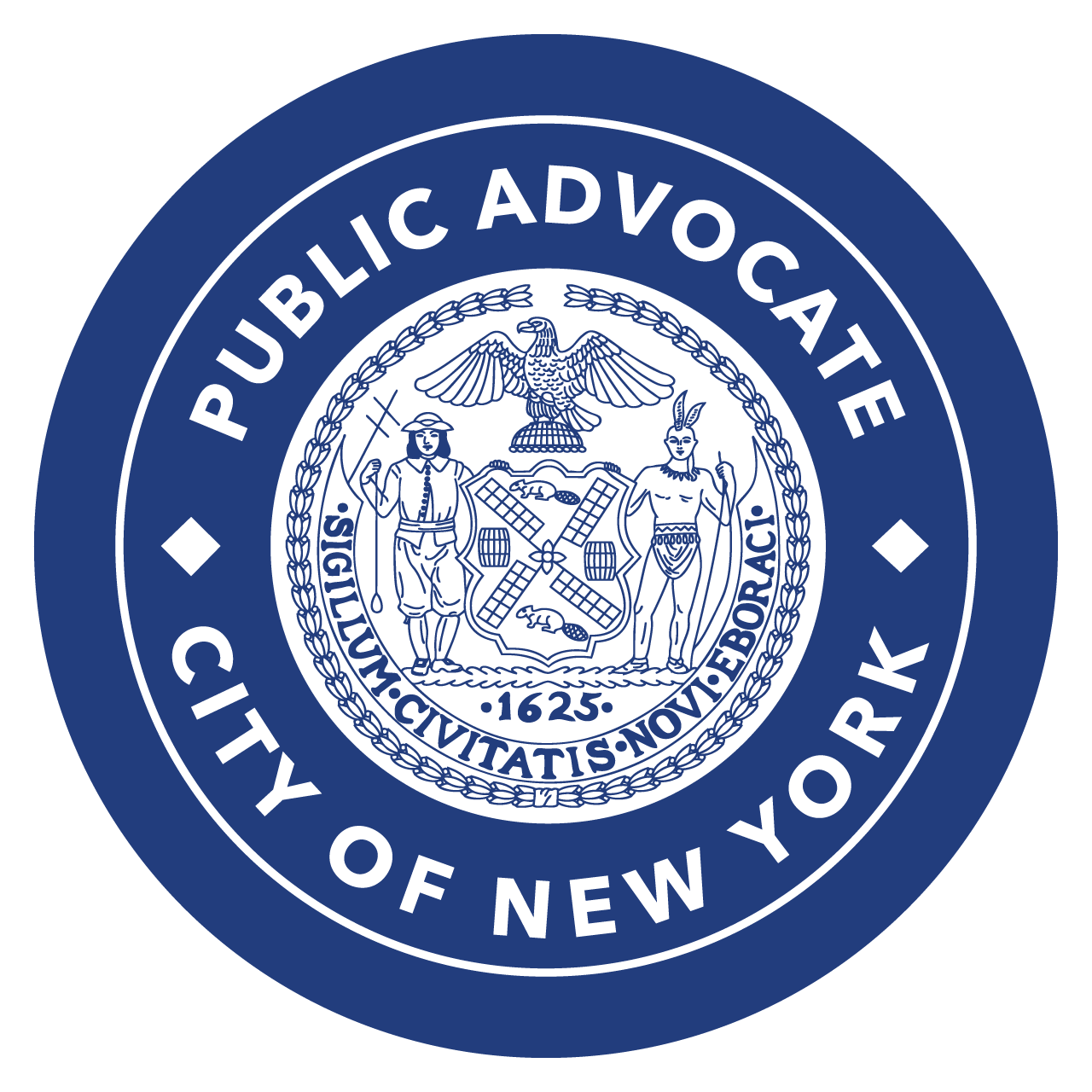NEW YORK: Today, New York City Public Advocate Jumaane D. Williams released a review of the city’s response to mental health crises, highlighting both the progress made in recent years and the inaction or regression in other areas. It follows similar reviews undertaken by the Public Advocate’s Office in 2019 and 2022. This review comes just days after the Adams administration announced a shift in the city’s management of mental health crisis response teams.
“We have now been through two mayors since my first report on mental health, and seen far too little progress in the years since the original report was released. With the coming of a new era in City Hall comes a new opportunity for the deeper systemic change New Yorkers desperately need. This installment finds a need for action on existing proposals, as well as new initiatives which would help provide safety and support for people in greatest need,” said Public Advocate Jumaane D. Williams in releasing the report. “There are no easy solutions to this crisis – that much is clear. What’s also clear, though, is that trying to criminalize or conceal this mental health emergency is both immoral and ineffective. By looking honestly at the progress we’ve made, the places we’ve fallen short, and what it will take to make real change, we can finally move forward with the urgency this crisis demands and New Yorkers deserve.”
The review comes in the wake of amendments to state law that expand the ability of the government to involuntarily hospitalize New Yorkers. This could result in more people coming into contact with the system without adequate resources to advance them through an ongoing continuum of care. As this new analysis makes clear, while there has been some progress in building infrastructure across the last two mayoral administrations, our systems are neither robust nor specialized enough to both adequately address the immediate emergency and proactively prevent future crises.
Since 2019, the conversation around mental health has increased substantially, culturally and in government. Correspondingly, there has been some progress made in the city’s approach to mental health treatment as the Public Advocate and a wide coalition have pushed for programs and investment. Unfortunately, in several areas, this administration – like the last – has still remained reluctant to reform systems or meet the necessary scope of change.
Among the findings in this review are:
- The number of Mental Health Respite Centers in the city has increased to 11, but only 100 beds are available in a city of 8.5 million
- The number of Mobile Crisis Response Teams has not increased under this administration
- Since 2022, the number of Safe Haven and Stabilization beds have dramatically increased by over 800% to about 5000
- Usage of 988 as a mental health hotline has increased, but the system is not well integrated with emergency response systems
- Mental health urgent care and drop-in centers are positive, but need expansion
- While B-HEARD has been increasingly dispatched, which can lead to better outcomes, the program faces challenges includes a severe lack of staffing, limiting deployment, and insufficient data tracking and transparency
- Peers continue to be an underutilized resource in mental health response and treatment
- Increases in supportive housing supply must come with streamlining of access through bureaucracy
- Police Crisis Intervention Training lacks transparency and tracking
The Public Advocate unveiled this latest assessment at the Howie the Harp Advocacy Center in Harlem, a facility for training people with lived experience in the mental health system for jobs in Human Services. The center, celebrating its 30th anniversary this year, is managed by Community Access, an organization dedicated to supporting New Yorkers with mental health concerns. The first iteration of the Public Advocate’s mental health review was unveiled in 2019 at a respite center run by the same organization.
Moving into the next administration, the office of the Public Advocate recommends that the city also:
- Utilize mental health incident review panels in conjunction with the state to identify and correct systemic shortcomings and gaps
- Increase respite center beds for youth in crisis, providing more entry points and paths to permanent housing
- Monitor and review the implementation of expanded involuntary commitment criteria to prevent abuses, overreliance, or the criminalization of mental health crises and poverty
- Urge the state to pass the Treatment Court Expansion Act to expand eligibility for treatment for court-involved people
- Improve discharge planning and tracking for long-term outcomes after hospitalization
Read the Public Advocate’s new review here. The original 2019 report and 2022 addendum are available on the office’s website.
